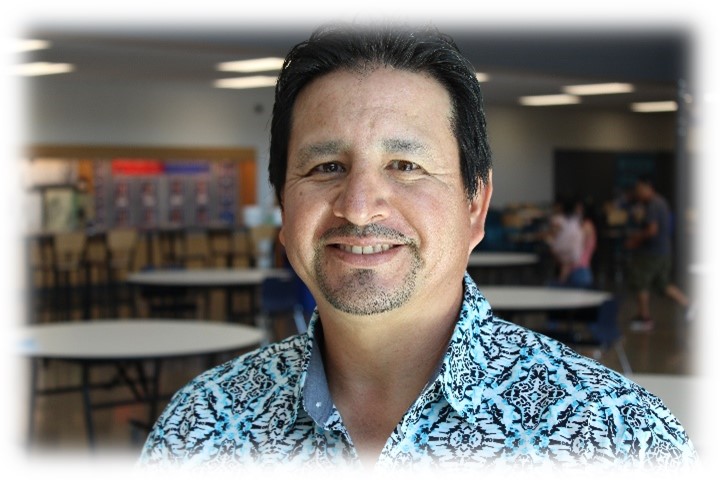On a hot August Saturday afternoon in southern Oregon, community members trickled into Phoenix High School's auditorium. Some brought their children and stopped to grab a free lunch of enchiladas and watermelon juice from Rogue Food Unites before taking their seats at a cluster of round tables. They talked as they ate, enjoying the sun that filtered through the large windows.

"Right now, my whole family is scattered throughout the area," says Delίa Alma Rico. "It's been a hard process mentally — seeing what the community has become and knowing what it was."
But thanks to an innovative collaboration between a local grassroots organization, Coalición Fortaleza, and a NeighborWorks network organization, CASA of Oregon, residents like Alma Rico are beginning to chart their community's future.
"Community and resident engagement are the bedrock of disaster recovery in rural communities, as residents hold the power to transform tragedy into a new life," says Sarah Kackar, NeighborWorks America's director of Rural Initiatives. "When the voices of the people directly affected by the disaster are heard and embraced, their collective wisdom and resilience become the driving force that rebuilds the physical structures, and the bonds of togetherness, hope and a brighter future."
The Saturday meeting marked the second round of a people-centered approach to designing their community and bringing their neighborhood back. In collaboration with Salazar Architect, Coalición Fortaleza, CASA of Oregon — which acquired the land with the intention of transforming it into a resident-owned community cooperative — has been hosting community workshops to determine the new design of Talent Mobile Estates. The prior meeting focused on the layout of the homes and the spacing around them. During the meeting, hosted in Spanish with English translation, residents were tasked with mapping out the design of communal areas.
"In the face of adversity, trauma-informed care creates a safe space where pain is acknowledged, hope is rekindled and collective power can take root." —Sarah Kackar, NeighborWorks America's director of Rural Initiatives
The facilitator split the group of about 40, and each of the eight tables was given a map and props that represented various amenities like an exercise space, trees, picnic tables and water. Animated and excited, residents quickly got to work and began charting out what their ideal community would look like. What would the open communal space be used for? Would it have a dog run? An area for barbeques and parties? What about parking? How much green space would there be?
While the residents' tremendous excitement filled the room, the pain and loss was still evident. At one table, Amborocia Cruz set down a row of plastic trees in a neat line. One of her table mates quickly took them away while looking down, explaining that "trees catch fire too quickly." At the back of the room, a table and two counselors from OYEN Emotional Wellness Center were on site in case any residents wanted counseling during or after the planning process.
"After a disaster, trauma-informed care weaves a vital thread through the fabric of rural communities, nurturing the healing journey of individuals, and fostering the growth of healthy, resilient places," Kackar says. "In the face of adversity, trauma-informed care creates a safe space where pain is acknowledged, hope is rekindled and collective power can take root. The presence of counselors like OYEN Emotional Wellness Center symbolizes that commitment to healing. By tending to the emotional wellness of its members, rural communities can cultivate strength, compassion, and lasting wellness."
After an hour, each table presented their design as community members from the other tables gathered around. They explained why they chose certain amenities and locations and how they made the tough choices they did. One community member suggested the erection of a statue to commemorate the fires and symbolize "new homes, new beginnings and new memories."
At the end of the two-hour session, Salazar walked away with eight different configurations of outdoor common space that will inform their design options. These options will be processed and filtered into three different site plans, which will then be presented to the community for their input.
As community members hugged and said their goodbyes, a feeling of optimism and excitement permeated the room. "I can't wait to go back to Talent," says Temo Gutierrez. "This exercise gave me hope. I feel like I have a say when it comes to my home and my neighborhood."
Learn more about disaster recovery and climate resilience! Join NeighborWorks America in Chicago on Aug. 23 for a special symposium "Climate Resilience: Fostering Wealth, Health and Sustainability in Communities of Color."

